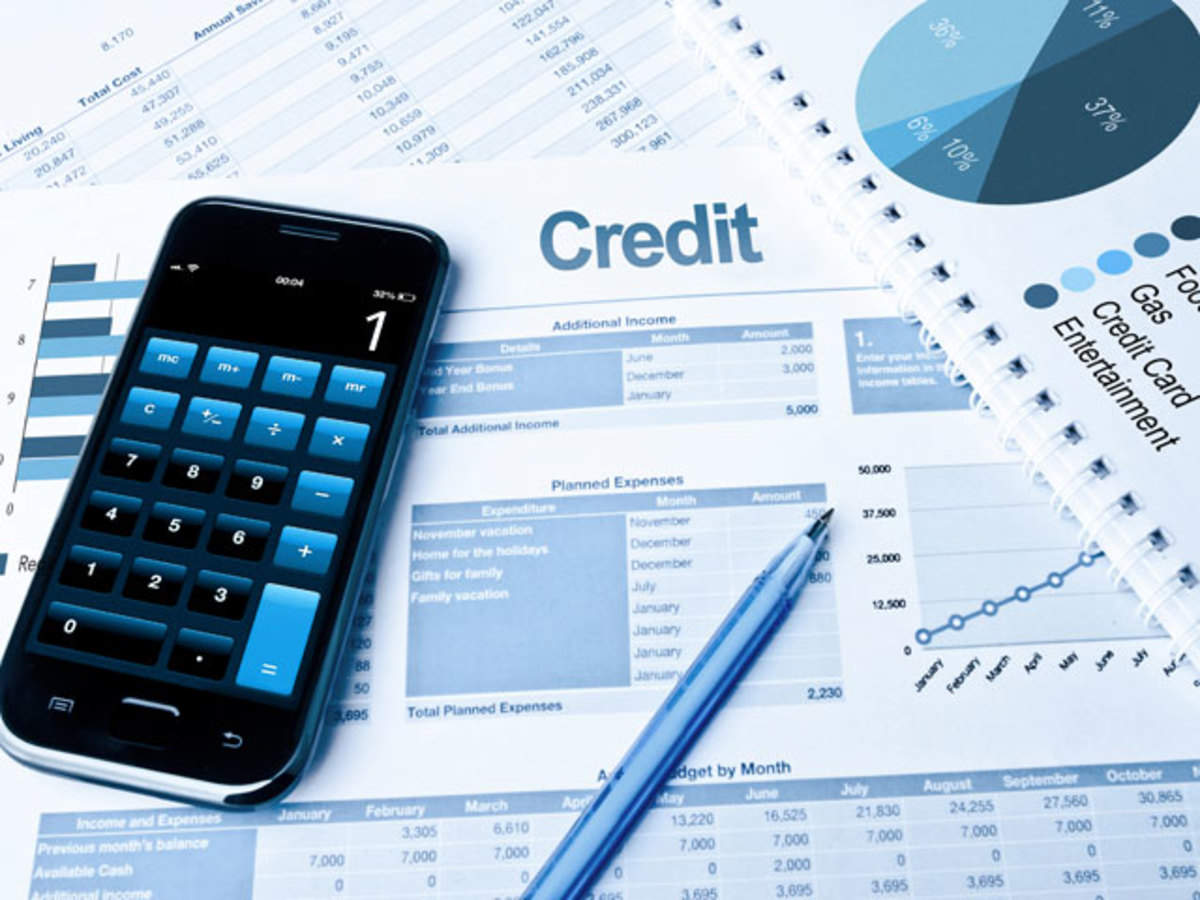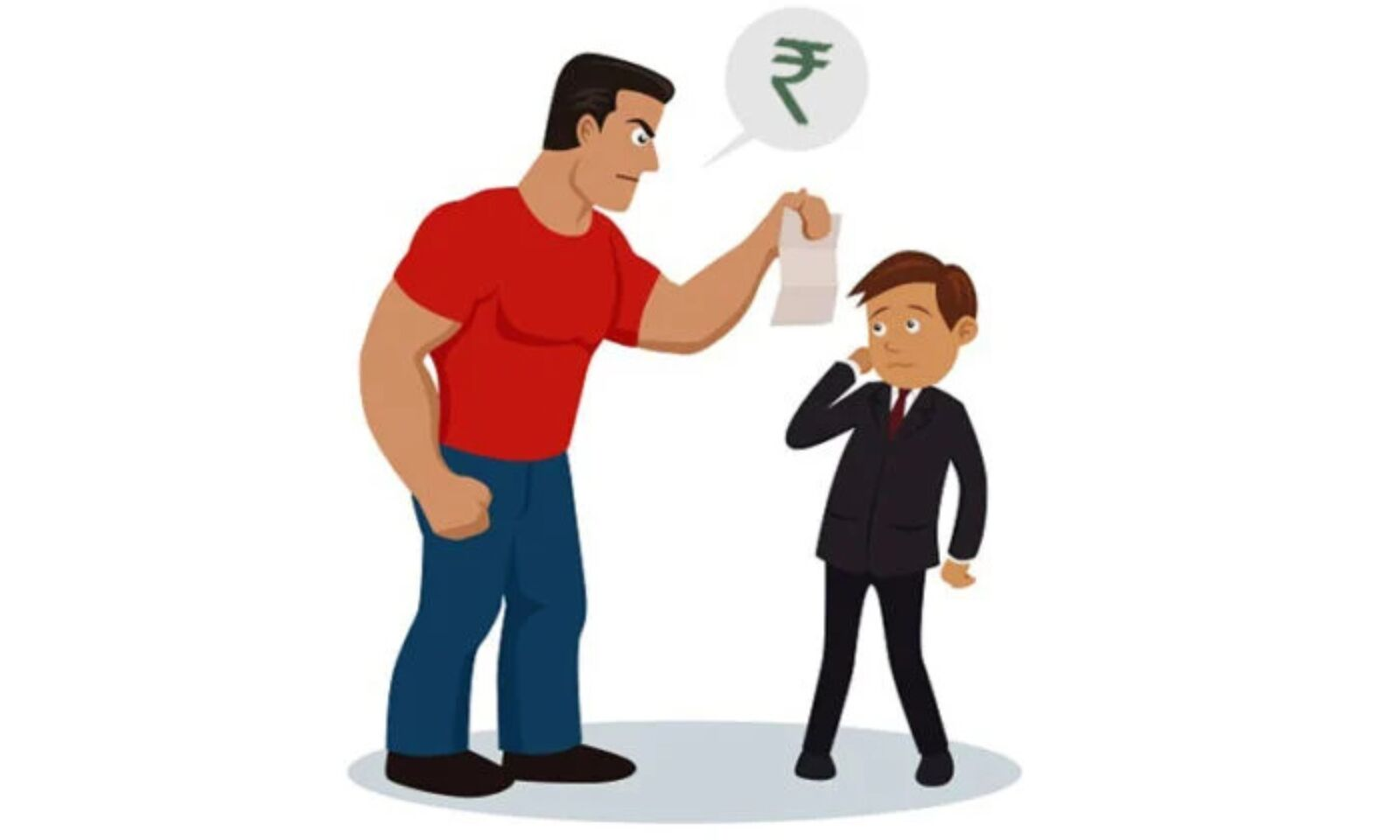In the complex landscape of personal finance, receiving a credit card legal notice can be a daunting experience. Such notices are not only critical but also require immediate attention to prevent any adverse effects on your financial stability. This comprehensive guide is designed to demystify the ABCs of credit card legal notices, elucidate their implications, and offer actionable advice on how to respond effectively. If you want to know about the Credit Card Relief Program to Get Out of Debt, click on the link.
Credit Card Legal Notices

These are formal communications between credit card issuers and cardholders about changes in their account status and service or to notify them of potential legal actions due to non-compliance with the card agreement. These notices can cover a range of issues, from changes in interest rates and fees to warnings about late payments or over-the-limit transactions.
Types of Credit Card Legal Notices
Credit card legal notices inform cardholders about important account changes or issues, categorised mainly into:
Changes in Terms of Notice
Adjustments to interest rates, fees, or credit limits.
Late Payment Notice
Alerts on missed payments and possible penalties
Over-the-Limit Notice
Warnings when spending exceeds credit limits, including incurred fees.
Default Notice
Notification of account default after multiple missed payments, outlining potential legal actions.
Debt Collection Notice
Advises when accounts are severely delinquent and transferred to collection agencies.
Change in Terms Notice
This notice informs cardholders about changes in their credit card agreement terms, such as interest rates, fees, or credit limits.
Late Payment Notice
Sent when a payment is missed, indicating potential penalties and the need for immediate action to avoid further consequences.
An over-the-Limit Notice
It is issued when spending exceeds the credit limit, highlighting fees incurred and steps to mitigate the situation.
Default Notice
It indicates that the account is in default, usually after multiple missed payments, outlining the creditor’s next steps and potential legal actions.
Debt Collection Notice
Sent when an account is severely delinquent and has been handed over to a collection agency.
Deciphering the Content of a Credit Card Legal Notice
Credit card legal notices contain critical information, including
The Reason for the Notice
Explain why the notice is being sent, be it a change in terms or notification of a policy violation.
Effective Date of Changes
Specifies when the changes will take place, allowing cardholders to make informed decisions.
Actions Required
Outline the steps the cardholder needs to take in response to the notice.
Consequences of Inaction
Details the potential financial or legal implications of failing to respond to the notice.
How do I respond to credit card legal notices?
To respond to credit card legal notices, first review the notice thoroughly to understand its content and urgency. Verify the accuracy of the information in your records. If action is required, such as making a payment or contacting the issuer, do so promptly to avoid further issues. For notices involving disputes or legal actions, consider seeking legal advice. Always communicate with your credit card issuer to clarify any doubts or negotiate terms if facing financial difficulties.
Review Thoroughly
Read the notice carefully to understand the issue and the actions required from your end.
Verify Accuracy
Ensure that the information in the notice matches your records. If there are discrepancies, contact your credit card issuer immediately.
Take Timely Action
Depending on the notice, you may need to make a payment, adjust your spending, or contact customer service for clarification.
Seek Legal Advice
If the notice is related to debt collection or potential legal action, consulting with a legal professional can help you understand your rights and options.
Negotiate with Creditors
In cases of financial hardship, reaching out to your creditor to negotiate terms can be beneficial. Many issuers offer hardship programmes or payment plans to assist struggling cardholders.
Protecting Yourself from Future Notices
To protect yourself from future credit card legal notices, maintain timely payments and keep your spending within credit limits to avoid late payments or over-the-limit notices. Regularly review your credit card statements and the terms of service for any changes. Set up payment reminders or automatic payments to ensure you never miss a due date.
Stay informed
Regularly review your credit card statements and terms of service to stay abreast of any changes.
Maintain Good Financial Habits
Timely payments and keeping balances within credit limits can prevent many issues that lead to legal notices.
Monitor Your Credit
Regularly checking your credit report can help you catch and address any inaccuracies or unauthorised activities that could result in legal notices.
FAQs
- What is a credit card legal notice?
It is a type of formal communication between credit card issuers and cardholders about changes in their account status. It is done to notify them of potential legal action due to non-compliance with the card agreement.
- What are the different types of credit card legal notices?
There are several types of credit card legal notices, including change-in-terms notices, late payment notices, over-the-limit notices, default notices, and debt collection notices. Each notice serves a specific purpose and informs cardholders about important account changes or issues.
- How do I respond to a credit card legal notice?
To respond to a credit card legal notice, carefully review the notice to understand its content and urgency. Verify the accuracy of the information and take the necessary actions, such as making a payment or contacting the issuer. For notices involving disputes or legal actions, consider seeking legal advice. Always communicate with your credit card issuer to clarify any doubts or negotiate terms if facing financial difficulties.




Leave A Comment